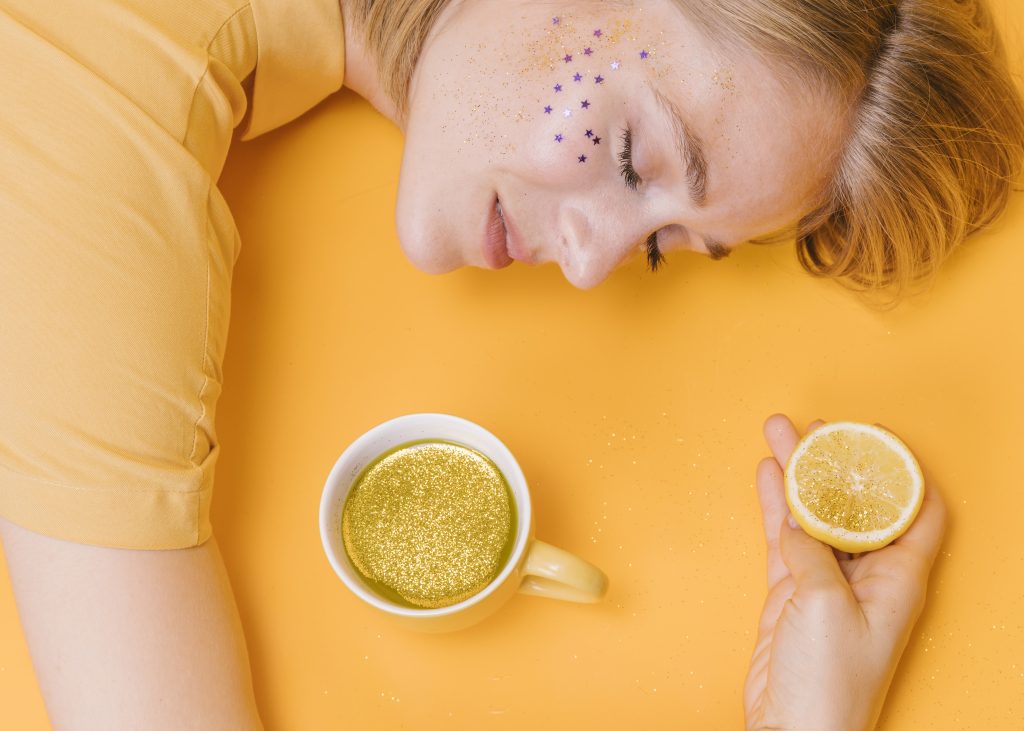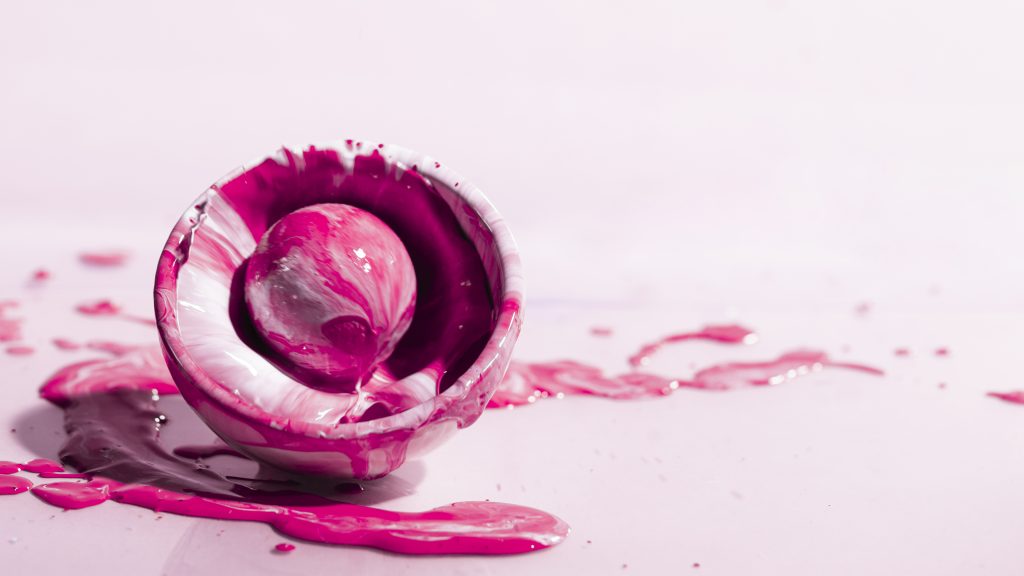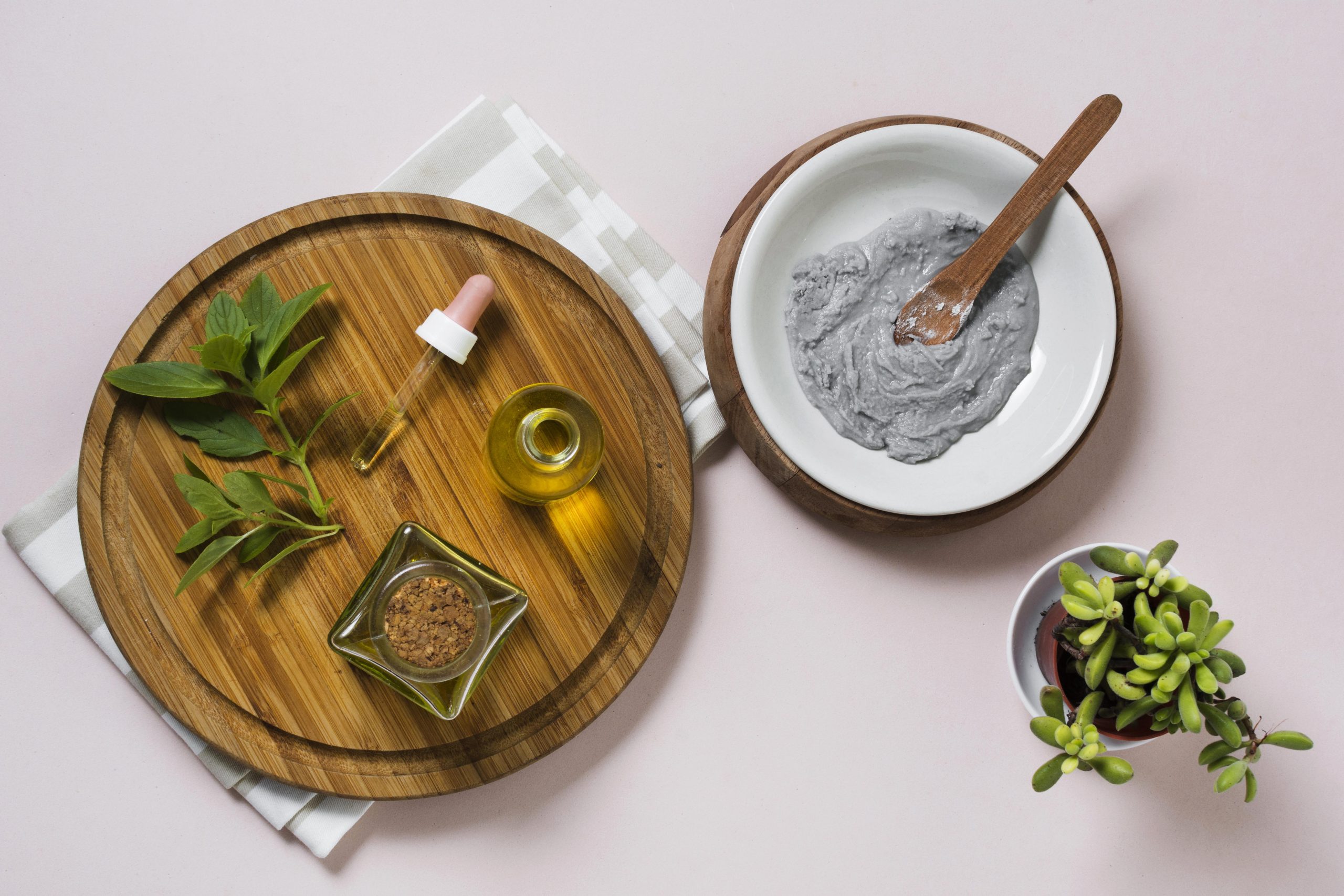The climate and environmental factors in Kathmandu can be harsh on your skin, causing acne, dryness, and dullness. While seeing a dermatologist is necessary for serious skin concerns, dermatologists recommend many DIY skin care remedies to help keep your skin healthy and beautiful. In this blog post, we’ll look at some of the best DIY skin care remedies recommended by Kathmandu’s dermatologists.
Honey and Yogurt Face Mask:
Both honey and yogurt have skin-nourishing properties. Honey is well-known for its antibacterial and anti-inflammatory properties, making it an excellent acne treatment. Yogurt, on the other hand, contains lactic acid, which gently exfoliates and improves the texture of the skin. Mix equal parts honey and yogurt to make the mask, then apply it to your face.
Furthermore, honey contains enzymes that exfoliate the skin gently, revealing a brighter and smoother complexion. It also has a cooling effect, which helps to soothe irritated skin. When honey and yogurt are combined, they form a face mask that can be applied to the skin and left on for 15-20 minutes before being rinsed off with warm water. As a result, your skin will be soft, smooth, and glowing.
Face Mask Made of Turmeric:

Turmeric is a spice that is commonly used in Nepali cooking, but it also has numerous skin benefits. It has anti-inflammatory and antioxidant properties that can help reduce inflammation, brighten the skin, and improve the texture of the skin. To make the mask, combine 1 teaspoon turmeric powder, 1 tablespoon honey, and 1 tablespoon milk. Apply the solution to your face and leave it on for 10-15 minutes before rinsing with warm water.
Because turmeric can stain clothing and skin, it’s best to use this mask in the shower or bathtub. The skin will appear brighter, more even-toned, and smoother after rinsing the mask off with warm water.
Oatmeal bath:
An oatmeal bath is a natural remedy for people who have dry, itchy, or irritated skin. Oatmeal contains avenanthramides, which are natural compounds with anti-inflammatory and antioxidant properties that can soothe and calm irritated skin. Oatmeal is also a natural cleanser that can remove dirt and oil from the skin, leaving it soft and refreshed.
To make an oatmeal bath, finely grind one cup of oatmeal and add it to warm bathwater. Soak in the bath for 15-20 minutes, making sure to gently rub the oatmeal water onto your skin. After soaking, gently pat dry with a towel and rinse with clean water.
Oatmeal baths are especially beneficial for people who suffer from eczema, psoriasis, and other skin conditions that cause itching and irritation. They can also be beneficial for those who spend a lot of time outdoors or in harsh environments, as the oatmeal can help to repair and protect the skin.
Overall, an oatmeal bath is a simple and natural way to care for the skin, and it can provide numerous benefits for those who suffer from dry, itchy, or irritated skin. It is important to note, however, that if the skin condition persists or worsens, it is best to see a dermatologist for proper diagnosis and treatment.
Rosewater toner:

Rose water toner is a natural skincare product that has been used for centuries for its many benefits for the skin. It is made by distilling rose petals in water, which creates a fragrant, floral water that is gentle and soothing to the skin. Rose water toner is a great way to cleanse the skin, balance its pH levels, and provide it with hydration.
One of the main benefits of rose water toner is that it acts as a natural astringent, which helps to tighten the pores and reduce the appearance of redness and inflammation. This makes it an excellent choice for those with oily or acne-prone skin. Additionally, the natural anti-inflammatory and antioxidant properties of rose water can help to calm irritated skin and reduce redness.
To use rose water toner, simply apply it to the skin with a cotton pad after cleansing. Gently wipe the toner over the face, avoiding the eye area. For best results, use the toner twice daily, once in the morning and once at night, as part of your regular skincare routine.
Another benefit of rose water toner is that it can help to hydrate and refresh the skin. This is particularly important for those with dry or sensitive skin, as rose water can help to soothe and calm the skin, providing it with much-needed hydration.
Overall, these home skin care remedies recommended by dermatologists in Kathmandu are an excellent way to keep your skin healthy and beautiful. It is important to note, however, that these remedies may not work for everyone, and it is best to consult with a dermatologist before attempting any new skin care products or remedies.
FAQs Related To Dermatologist-Recommended DIY Skin Care Remedies for Beautiful Skin in Kathmandu:
How often should I use homemade skin care products?
The frequency of application is determined by the type of remedy and your skin type. A gentle exfoliating scrub, for example, can be used once or twice a week, while a soothing face mask can be used once a week. It is critical not to overuse any remedy and to pay close attention to how your skin reacts to it.
Can homemade skin care products be as effective as Dermatologist-suggested products?
While store-bought products may have higher concentrations of active ingredients, homemade skin care remedies can still be effective in improving skin appearance and health. It is important to note, however, that not all DIY remedies are appropriate for all skin types and conditions, so it is best to consult with a dermatologist before attempting any new remedies.
Can homemade skin care products harm the skin?
While natural ingredients are generally safe for use on the skin, certain ingredients may cause allergic reactions or skin sensitivities in some people. It is critical to test any new remedy on a small patch of skin before applying it to the entire face. Furthermore, some DIY remedies may not be appropriate for certain skin conditions, so it’s best to consult a dermatologist before attempting any new remedies.

